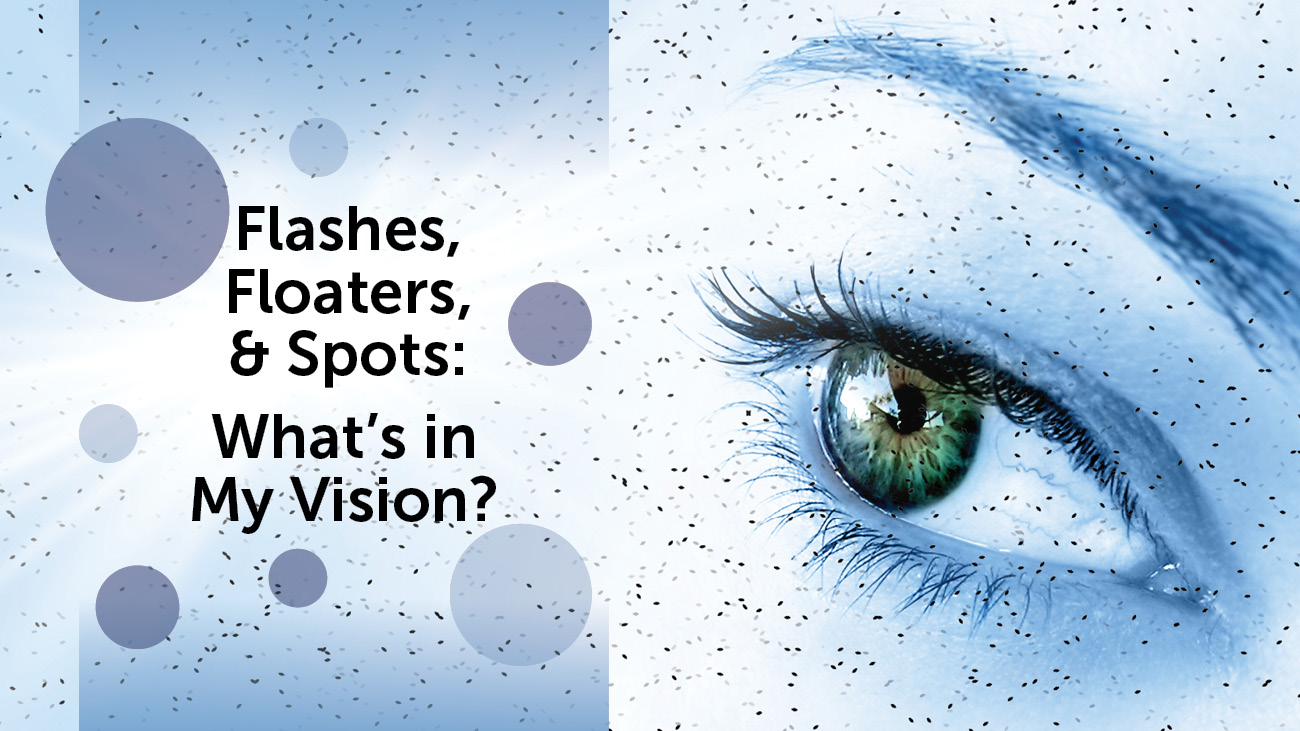Have you ever noticed white spots in your vision? If so, you're not alone. Many people experience this phenomenon, which can be caused by a variety of factors. In this article, we'll explore some of the most common causes of white spots in vision, as well as what you can do to address them.
What Are White Spots In Vision?
White spots in vision can take on many different forms. Some people describe them as floaters, which are small specks or squiggles that seem to drift across their field of vision. Others may see flashes of light that appear as bright spots or streaks. In some cases, white spots may appear as a haze or cloudiness that obscures part of the visual field.

Causes Of White Spots In Vision
There are many different factors that can contribute to the development of white spots in vision. Some of the most common include:
- Migraines: Some people experience a type of migraine known as a visual migraine, which can cause temporary vision disturbances like white spots.
- Age-related macular degeneration: This condition can cause white or gray spots in the center of the visual field.
- Cataracts: As cataracts develop, they can cause cloudy or hazy spots in the visual field.
- Retinal detachment: This serious condition can cause sudden white spots or flashes of light in the visual field.
- Diabetic retinopathy: People with diabetes may experience white spots or floaters as a result of damage to the blood vessels in the retina.
Other potential causes of white spots in vision include inflammation of the eye, medication side effects, and exposure to bright lights or sunlight.
What To Do About White Spots In Vision
If you're experiencing white spots in your vision, it's important to speak with your eye doctor. They can perform a thorough examination to determine the underlying cause of your symptoms and recommend an appropriate course of treatment.
In some cases, treatment may not be necessary. For example, if you're experiencing floaters as a result of aging or normal wear and tear on the eyes, your doctor may recommend simply monitoring the symptoms and alerting them if they become more severe.
If your white spots are caused by a more serious condition, such as retinal detachment or diabetic retinopathy, prompt treatment is essential to prevent further vision loss.
Preventing White Spots In Vision
While not all causes of white spots in vision are preventable, there are steps you can take to protect your vision and reduce your risk of developing certain conditions. Some tips to consider include:
- Wearing protective eyewear when working in bright sunlight or around hazardous materials
- Eating a healthy diet that's rich in fruits, vegetables, and other nutrient-dense foods
- Getting regular eye exams to catch potential problems early
- Managing chronic conditions like diabetes or high blood pressure to reduce your risk of vision problems
- Practicing good eye hygiene, such as washing your hands before touching your eyes or contact lenses
Conclusion
White spots in vision can be a cause for concern, but they are often treatable with prompt medical attention. If you're experiencing any changes in your vision, it's important to speak with your eye doctor right away. With the right care and attention, you can help protect your vision and enjoy clear, healthy eyesight for years to come.